'Foundation Models,' introduced in iOS 26, allows third-party developers to use Apple's local AI models, including story generation, expense analysis, and F1 race summaries.

In
How developers are using Apple's local AI models with iOS 26 | TechCrunch
https://techcrunch.com/2025/09/26/how-developers-are-using-apples-local-ai-models-with-ios-26/
Foundation Models is a framework available for iOS, iPadOS, macOS, and visionOS that provides third-party developers with access to LLMs that run on Apple devices. This allows developers to access local AI models without worrying about inference costs, making it easy for third-party apps to use Apple's LLMs.
The Foundation Models are small compared to the AI models offered by major AI companies like OpenAI, Anthropic, Google, and Meta. Therefore, TechCrunch writes that 'they won't bring about major changes to the app's workflow, but will only significantly improve usability.'

◆
Lil Artist is a learning app designed to develop children's creativity, math, and music skills. Lil Artist has released an 'AI Story Creator' feature, leveraging iOS 26's Foundation Models. Users simply select a character and theme, and the app uses AI to generate a story. According to the developer, the text in the story is generated using a local AI model.

◆
Daylish is an app that displays a calendar, timer, alarms, and more all in one timeline. The developers of Daylish are currently working on a feature that uses Foundation Models to automatically suggest emojis for events on the timeline.
Daylish, your friendly day planner for #iOS26 that helps you never be late again, is live on the App Store 🚀
— Daylish (@DaylishApp) September 15, 2025
Calendar events, alarms and timers in a single timeline 🗓️⏰⏳ https://t.co/Wcb7zkIiUn
To celebrate I am currently offering a 25% launch discount with code DAYLISH pic.twitter.com/UYCiakwk18
◆ MoneyCoach
MoneyCoach, a financial tracking app, uses Foundation Models to power two useful features: it displays spending insights, such as whether you spent more than average on groceries in a given week, and it automatically suggests categories and subcategories for each expense item for easy entry.
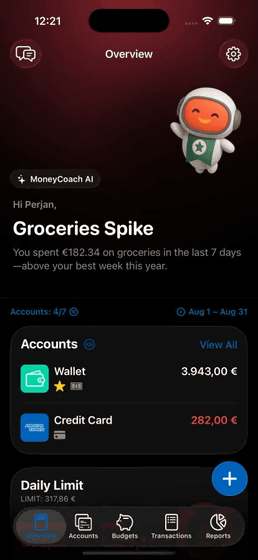
◆
The vocabulary learning app 'LookUp' uses Foundation Models to add two new features: the ability to generate examples for words, and the ability to ask users to explain how a word is used in a sentence.
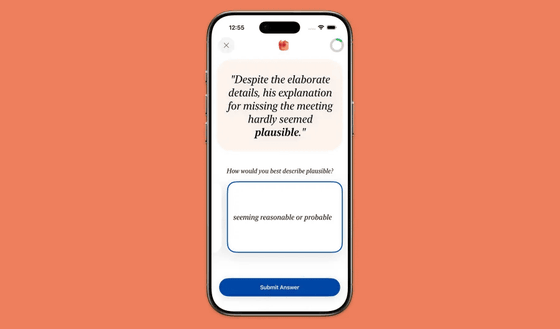
Additionally, developers are using Foundation Models to create a word origin map view. 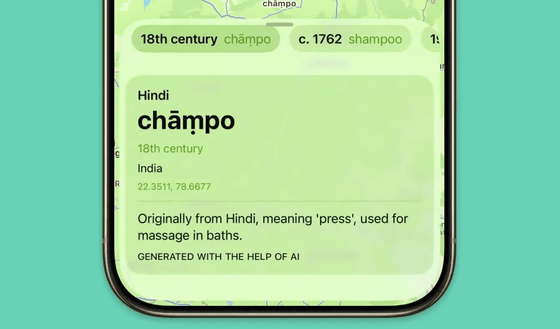
◆
The to-do list app 'Tasks' uses Foundation Models to implement features such as 'automatic suggestion of entry tags' and 'detection and scheduling of recurring tasks.' In addition, Tasks also implements a feature that allows users to simply speak a few tasks and then break them down into multiple tasks using a local AI model without using the internet.

◆
The diary app 'Day One' uses Foundation Models to implement features such as suggesting entry titles and generating prompts based on the diary entries you've written that encourage you to dig deeper.
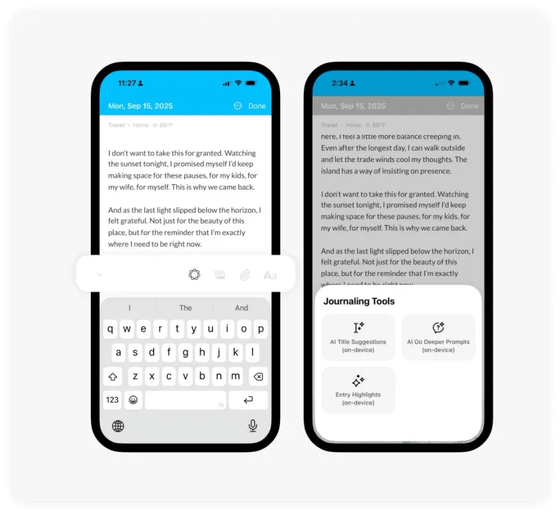
◆
The recipe app Crouton uses Apple Intelligence to suggest tags for recipes and name timers, and it also uses AI to break down blocks of text into easy-to-follow cooking steps.
Loving Foundation Model access on iOS 26, so many possibilities. Here are a few simple features that we've added in Crouton so far 😊 pic.twitter.com/8uU65VF8WL
— Devin (@JustMeDevin) September 15, 2025
◆ Signeasy
Signeasy, a digital signature app, uses Foundation Models to extract key insights from contracts and provide users with an overview of the document they are about to sign.
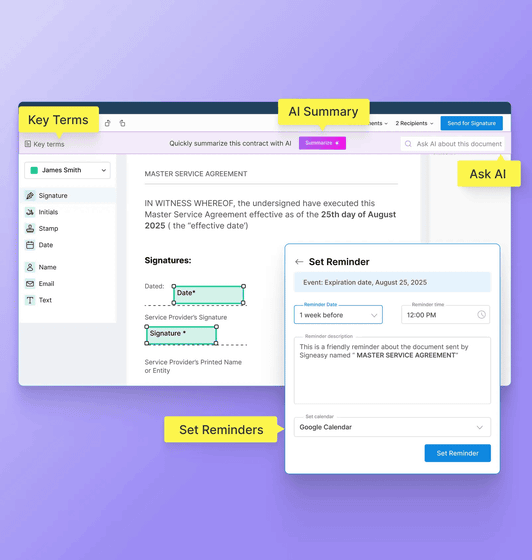
◆
Dark Noise, a background sound app, leverages Apple's Foundation Models to allow users to generate soundscapes based on short phrases, with adjustable levels of various elements.
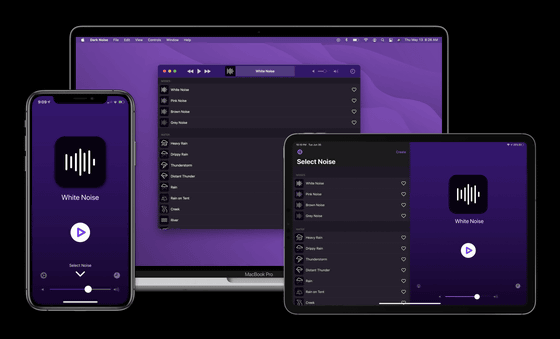
◆
Lights Out, created by Shihab Mehboob, the developer of the Twitter client Avery and the Mastodon client Mammoth, is an app that lets you view real-time F1 statistics. Lights Out uses Foundation Models to provide a summary of in-race commentary.
Introducing Lights Out, a beautiful Formula 1 app built for iOS 26. https://t.co/WqIEKVDQFn pic.twitter.com/nk1K9E9W02
— Shihab Mehboob (@JPEGuin) September 15, 2025
◆ Capture
The note-taking app 'Capture' uses Foundation Models to suggest categories when entering notes and tasks.

◆
Lumy, which shows you sunrise and sunset times, now offers helpful weather suggestions within the app.
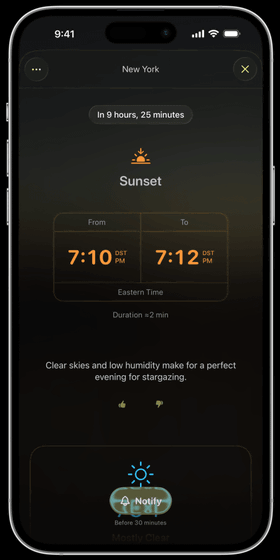
◆
CardPointers, which tracks credit card spending, now lets users ask questions about their cards and rewards.
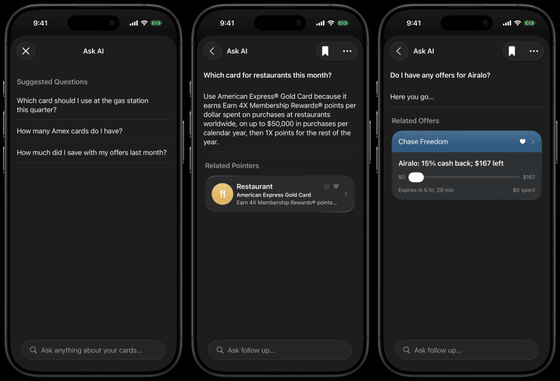
◆ Guitar Wiz
The guitar practice app 'Guitar Wiz' uses Foundation Models to help users learn guitar chords while reading chord explanations and providing advanced insights. The developers also claim they've used Apple's AI models to support more than 15 languages.
GtrWiz iOS 26 FoundationModels Implementation - YouTube
Related Posts:
in AI, Software, Smartphone, Posted by logu_ii







